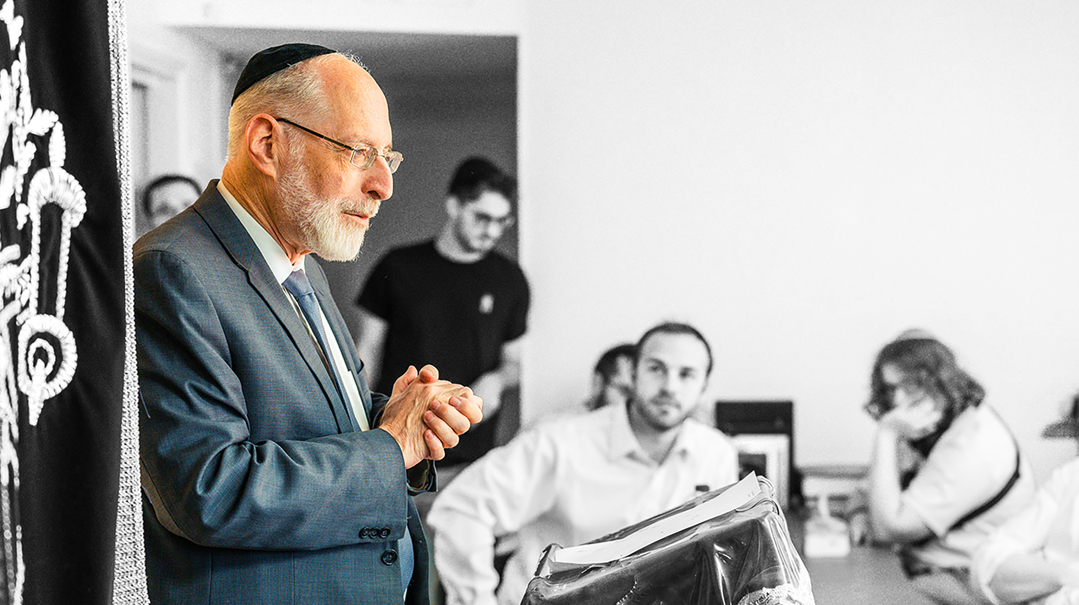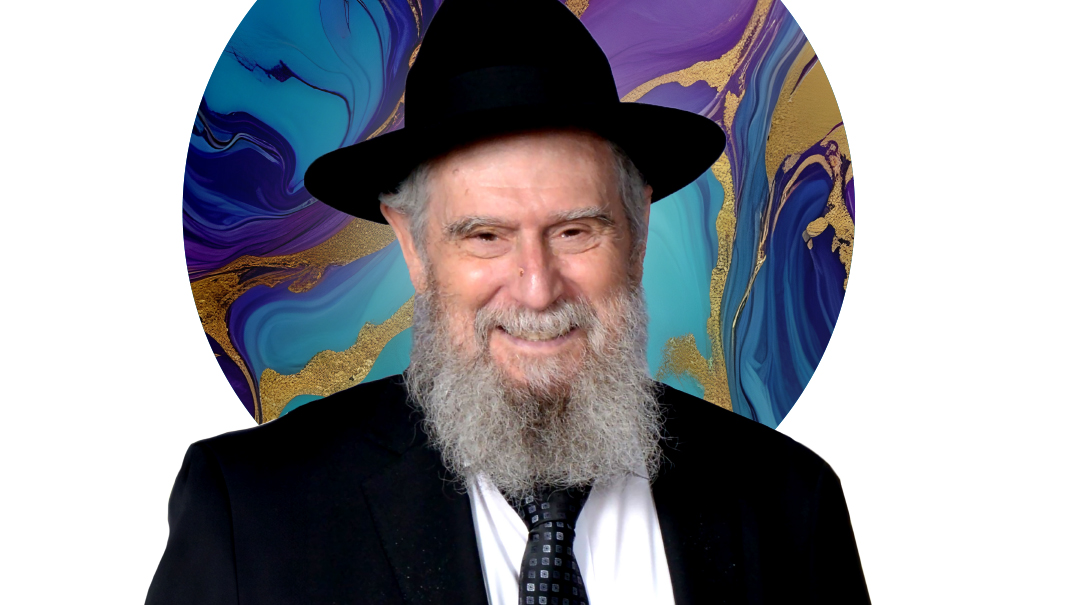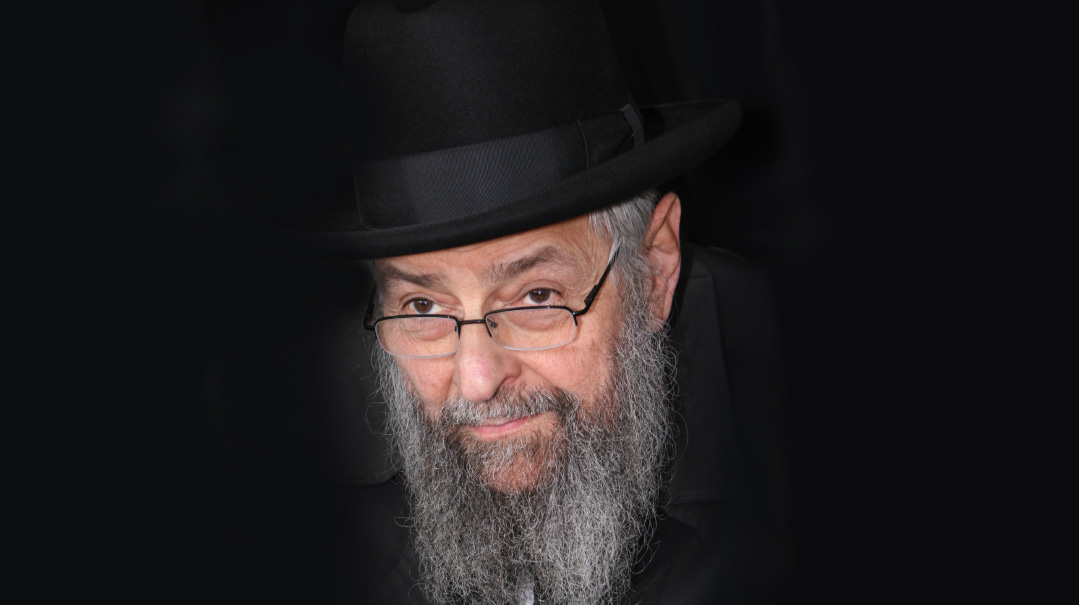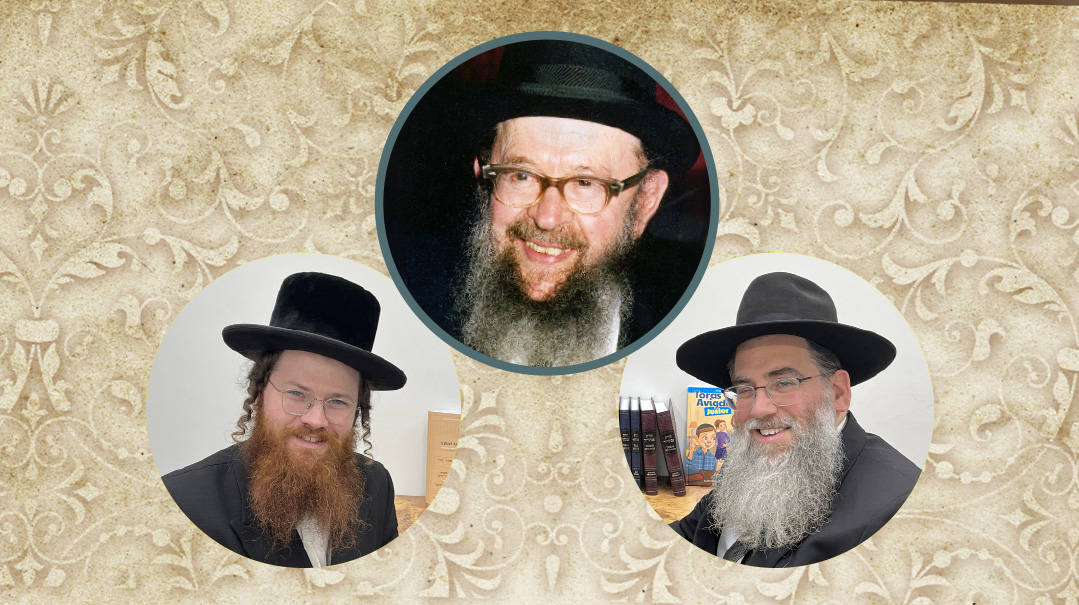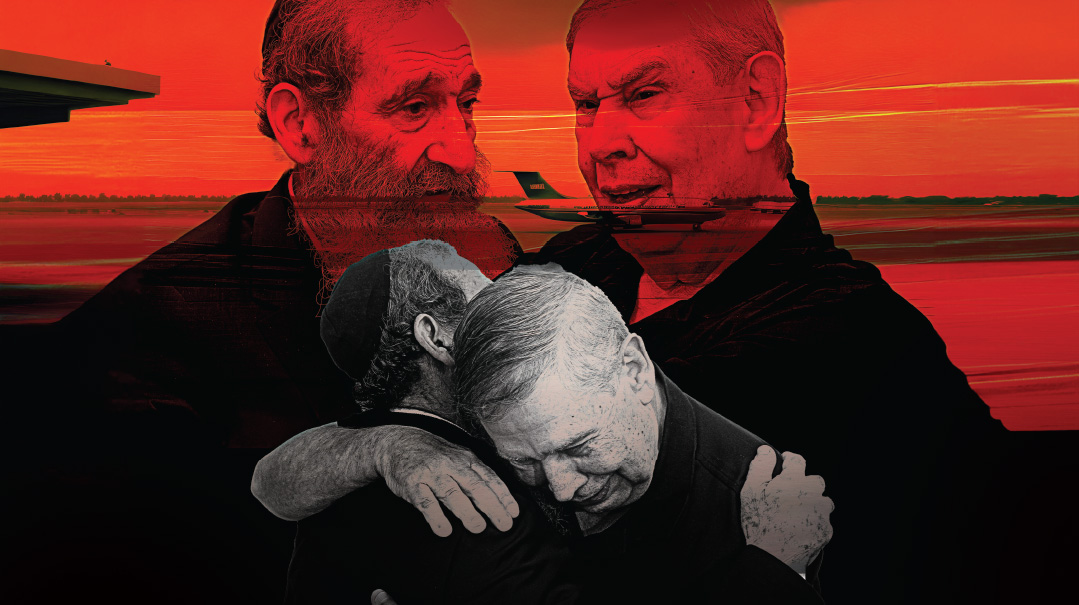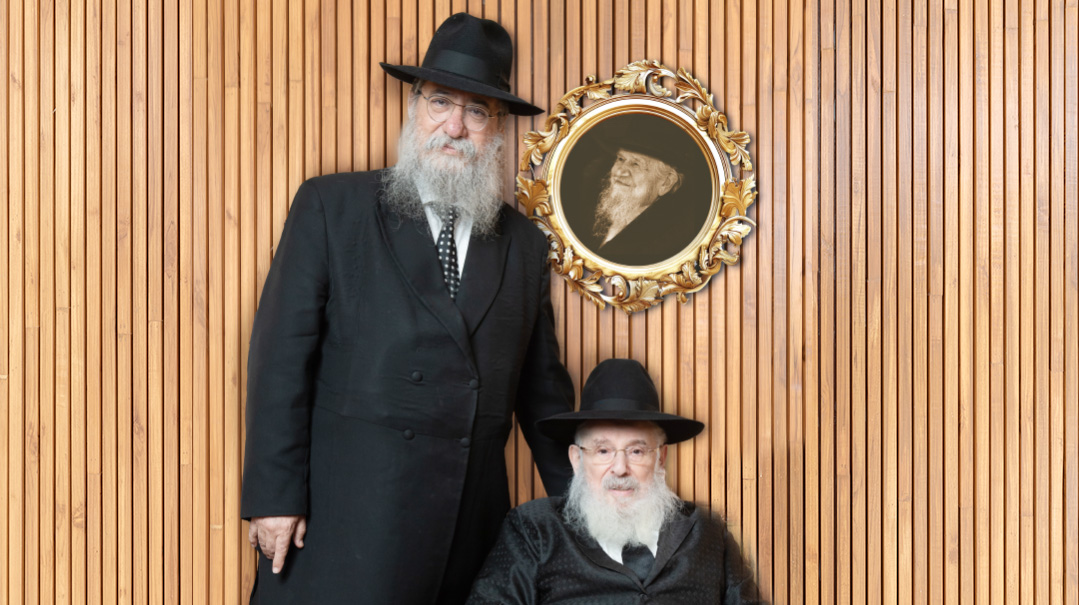One Step Ahead
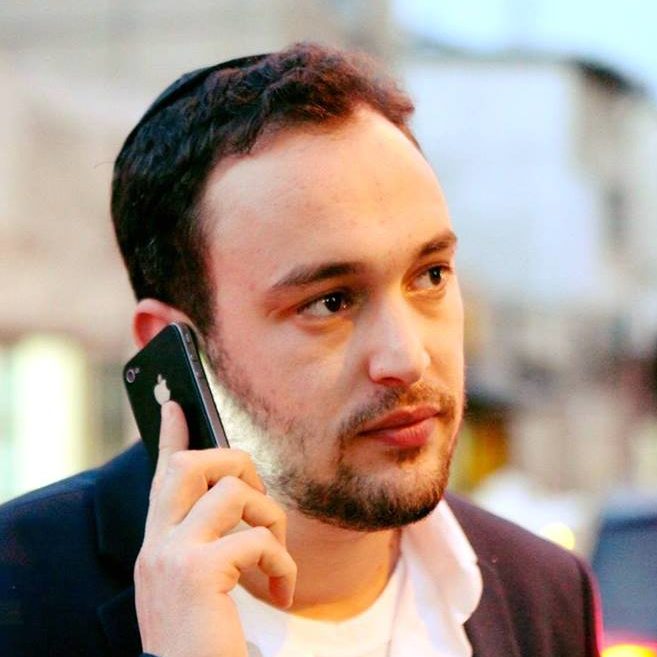

Exactly a year ago, on a sunny fall Sunday of October 6, Israel Prize winner Professor David Kazhdan was on the last stretch of a 44-mile bike route together with his son Eli Kazhdan — CityBook CEO and former ministerial aide. Father and son had been riding together for years, and this morning’s route from Jerusalem to Beit Shemesh and back was just a practice for an upcoming 50-mile cycling competition. Sunday morning is always a good time for bikers, when traffic is relatively accommodating. The duo had already pumped up the miles-long mountain that snakes from the Beit Shemesh valley to the capital and were heading home, when Eli — riding about 50 yards ahead of his father — heard a crash and the grating sound of twisting metal.
“I knew instinctively what had happened, and a quick glance over my shoulder told the whole grisly story: My father lay unconscious and contorted on the concrete next to his mangled bike.”
No vehicle remained on the scene to take responsibility. But police later located the driver of the hit-and-run semitrailer — an employee of a moving company — who claimed he continued driving because he didn’t notice the professor pedaling ahead of him even as he knocked him off his bike to the side of the road.
Professor Kazhdan was soon whisked off by ambulance to Hadassah Ein Kerem Hospital’s trauma center, where doctors began fighting for his life but — with a shattered pelvis, multiple leg fractures, and a severely wounded back — didn’t give much hope for the 67-year-old mathematical genius’ chances of survival.
One year later, Professor Kazhdan may not be running marathons, climbing mountains, or even pedaling down the block, but after nearly a year of paralysis, he’s begun to hobble along on his own two feet, defying the dire predictions of therapists and physicians. It’s his tenacity, determination, and will of steel — qualities that helped him survive the Russia of the KGB, embrace a life of Torah and mitzvos, and rebuild his life in the US and then in Israel — that helped him rally again, this time in what’s been the most difficult test of his life.
Brain Trust
Minutes after the accident, the media was already abuzz with the news that the Hebrew University mathematics professor and Israel Prize laureate was critically injured in a hit-and-run. Meanwhile at Hadassah, the doctors were trying to stabilize him. “He is in very serious condition and the medical team is continuing its efforts to save his life,” announced the hospital spokesman that night.
Professor Kazhdan himself doesn’t remember a thing of the accident. He lost consciousness as soon as the truck hit him, and he woke up nine days later.
“When I awoke I tried to understand what was going on,” he tells Mishpacha a year later, sitting in his study of floor-to-ceiling bookcases with his walker at his side. “I realized of course that I was in the hospital. But it took me a month to really internalize that I’d been seriously injured in an accident.”
His family, however, knew every breath was a fight for life and kept a round-the-clock vigil. Kazhdan, who is considered one of the leading mathematicians in the world today, had sustained severe injuries to his limbs, his legs, his back, and his ribs. Yet when he finally woke up and learned of the severity of his injuries and his paralysis, he didn’t recoil.
“I preferred not to know too much,” he says. “When I realized what had happened I decided not to ask too many questions. If the doctors would tell me something, I listened. I am not a doctor and I didn’t want to overload myself with painful information.”
His main consolation was the realization that his head had not been affected. “It took two months, but I could finally rest assured that my brain was intact,” he smiles. “And that’s the main thing. Because without my head, I would be finished. As long as my brain still worked I knew I’d make it.”
Up to the Summit
For Professor Kazhdan — who received the prestigious Israel Prize in 2012 in recognition of his important contributions to group theory — a cornerstone of modern mathematics with applications in physics, quantum theory and computer science — the coveted award was one more testimony to how far his own life had journeyed.
Professor David Kazhdan was born in Moscow as, Dmitry Aleksandrovich Kazhdan and although his family was Jewish, he considered that fact quite irrelevant to his life — as religion, he believed, was a holdover from the middle ages. From the time he was a child, Dmitri’s phenomenal memory became renowned in the academic world, as did his ability analyze complex mathematical subjects. He was a teenager when he began studying at the University of Moscow, where he earned his doctorate at age 23 and was then hired as a professor.
But then he surprised himself and actually began to research the roots of his religion, embarking on a path to teshuvah. The catalyst? His close friend converted to Christianity, and it got him thinking that maybe faith wasn’t so archaic after all.
What happens when a professor in a prestigious Soviet university begins exploring his Jewish roots under the eyes of the KGB?
“At the central shul in Moscow on Archipova Street, there were two Shabbos Shacharis minyanim and in between them, I would deliver a Torah shiur in whatever I’d already learned.” And, he recalls, the KGB agents who were permanent guests at the shul occasionally tried to canvass him to their ranks. “One known informant came over to me and suggested we go learn in a distant yeshivah for three years, promising that upon my return, he would make sure that I’d be appointed the rav of Moscow.”
Kazhdan left Moscow in 1975 to take a position at Harvard University where he was eventually appointed head of the mathematics faculty; he decided to make aliyah in 2002, and was welcomed warmly to the mathematics and natural sciences faculty at Hebrew University in Jerusalem.
Until the accident, Kazhdan’s daily schedule was grueling. He rose each morning at five and learned for two hours. By the time he was at his desk at eight o’clock (he rode to the university by bike), his head and heart had already been wired in Torah.
Kazhdan doesn’t speak much about himself, but his son isn’t shy about discussing his father’s Torah achievements: the shiurim he delivers, the influence he has on his students and peers.
Professor Kazhdan always made sure his body functioned as well as his mind, and pushed himself to the limit of his physical endurance — be it long-distance biking or mountain climbing. Three years ago he climbed Mount Kilimanjaro, the highest mountain in Africa. The mountain juts 20,000 feet into the air is mountain climber’s dream, and Kazhdan — his age notwithstanding — chose to climb Kilimanjaro to the summit on his own. After that, climbing Machu Picchu in Peru the following year was a breeze.
According to the medical team, his active lifestyle and the huge amounts of exercise he used to do are factors that helped him overcome the trauma of the accident.
But how can someone who was so active and athletic discuss his sudden disability with such equanimity and calm? “I assume my breaking point happened when I was unconscious,” he smiles. “Because from the minute I awoke, there were no more crisis moments. My biggest challenge was the loss of independence. I lay there unable to move. But I decided that I would figure out how to overcome it, to push myself to the limits and hope for the best.”
“After about two months I began to learn and work again,” he says. “My body may not have been able to move, but my mind worked. And using the computer, I spoke to friends and students and continued my activities. As long as I could continue my work and my learning, even while bedridden, I didn’t complain. In the hospital I had chavrusas who came to learn with me all the time. And that made me very happy. This was the new reality of my life and I had to learn to deal with it.”
Staying Stubborn
“My father has one prominent trait — stubbornness,” says his son Eli Kazhdan who, as CEO of CityBook Services and former chief of staff in both the Ministry of Industry and Trade and the Ministry of the Interior, has displayed much of that goal-oriented drive himself. “We knew that if his body would survive those first days, he would make it. We were with him around the clock, including his 94-year-old mother. She never left his side. She told us that when he was born a preemie, two months early — in Moscow in the 40s — the chance of a preemie surviving was small. But he survived. She kept saying that he would survive now the same way he survived then.”
After four painful months in the hospital, Professor Kazhdan was transferred to the rehab center at Har Hatzofim. “When Professor Kazhdan came to us, he needed full-time care and support,” says rehab director Dr. Isabel Schwartz. “He needed assistance 24 hours a day for the most basic functions, with a near total lack of mobility in the lower part of his body. But he posted goals for himself and never flinched. I also give a lot of credit to his wife. She felt the pain with him, displayed an incredible solidarity. We were all taken aback that someone so seriously injured would leave rehab the way he did.”
But he did leave, walking on his own two feet. It’s not normative walking, or the kind of walking he was used to in the past. It’s more like a shuffle, with the aid of a walker. But his legs, which had been shattered in the accident, are working again.
“Throughout the treatment in the trauma unit, in intensive care, in the surgery wards, and through the rehab, Professor Kazhdan stayed motivated,” Hadassah’s director of orthopedics, Dr. Meir (Iri) Liebergall, told Mishpacha. “Even through the doubts — and there were lots of doubts. He had to face a lot of pain and to muster up huge reserves of physical and emotional energy. It’s not something to be taken for granted. Every person wants to get better, but not everyone succeeds. Professor Kazhdan crossed all the bridges, and has come a very long, complex, but wonderful way.”
Professor Kazhdan forces himself to walk two hours every day now, but it’s no marathon. He uses a walker, and sometimes an aide. But he’s focused on the day he can go back to the lecture hall, back to face a room full of students instead communicating via computer.
“We’re only halfway though,” says Dr. Schwartz. “Our goal is to restore him to the maximum that he can. We have a lot of work yet, but I believe he will be able to get back to the life he loves, to his work, and the students who are waiting for him.”
Kazhdan is brave, and focused. But what’s really going on inside a person whose life has been so drastically altered by seeming chance — by someone who wasn’t paying attention to the road? Does he think about those mountains at the end of the world that he’s scaled? Does he long for those challenging bike trails? Has he bid farewell, in his heart, to the activities that used to play such a prominent role in his life?
The professor is a fighter, and no challenge — not Mount Kilimanjaro or anything else he’s ever set his sights on — ever derailed him. Now there’s a small crack, a rare window into his inner world and the accompanying knowledge that the entire playing field has been drastically repositioned. “It’s not that it’s hard for me to talk about it,” he explains. “It’s more that it’s hard for me to connect to it on an emotional level. I’m not one of those introspective, philosophizing types. I’ve never let difficulty overwhelm me emotionally — I remember when I came to America, I didn’t find it so hard. I had a job, a nice house, and life was good. Still, for a year and a half I didn’t do any mathematics research. In retrospect I realized that there was something complex going on inside me, although I couldn’t put my finger on it. I suppose it’s the same now.
“I do much better when I don’t think about these things, when instead I just charge forward with whatever has to be done. I guess you might say that this trait that Hashem granted me — some might consider it a certain internal insensitivity — has helped me deal with the challenges of the complicated reality He’s imposed on me. May He grant me the wherewithal to keep pushing forward no matter where He puts me.”
(Originally featured in Mishpacha Issue 529)
Oops! We could not locate your form.







